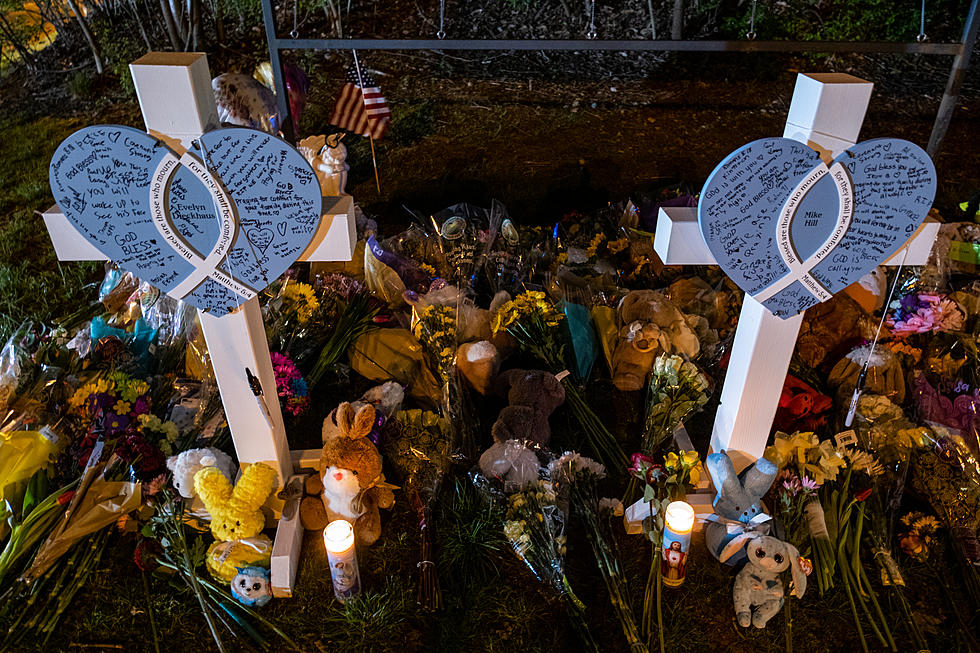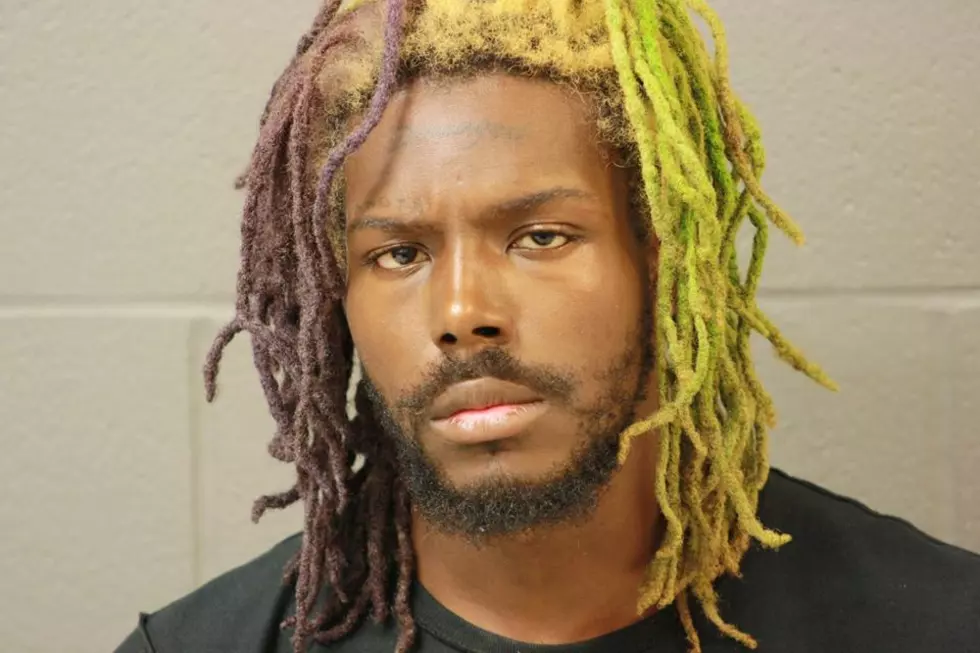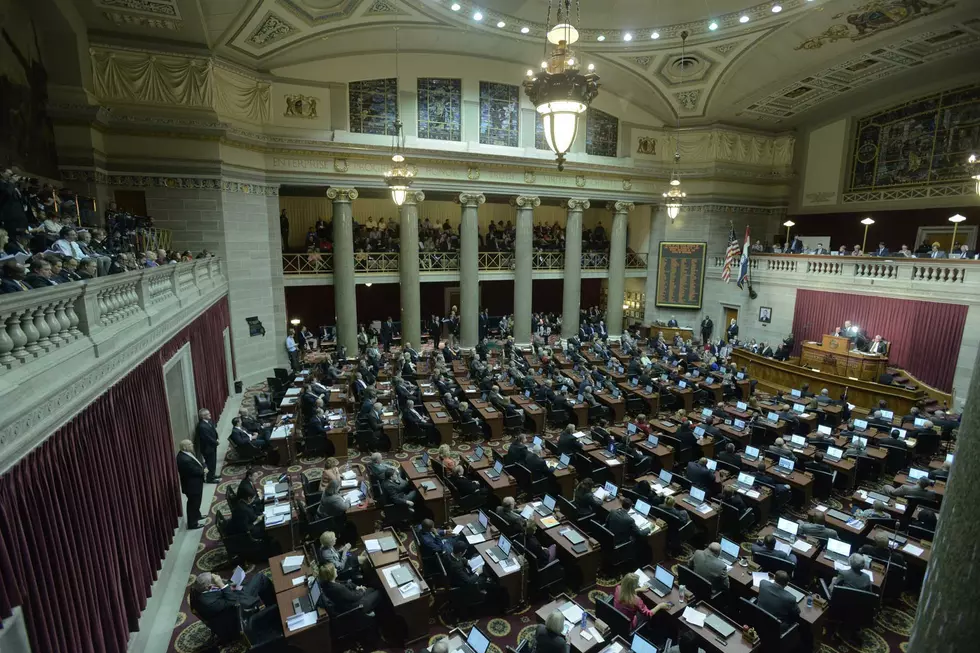
Illinois House Votes to Override Changes to Gun Bill
SPRINGFIELD, Ill. (AP) — The Illinois House has rejected Gov. Pat Quinn's changes to legislation allowing the carrying of concealed guns on the deadline for action set by a federal court.
If the Senate approves later today, Illinois would join the rest of the nation in allowing firearms to be carried in public.
The House voted 77-31 to override the Democratic governor's amendatory veto. Quinn had used his veto authority to suggest changes such as prohibiting guns in restaurants that serve alcohol and limiting gun-toting citizens to one firearm at a time.
Lawmakers sent Quinn a bill in May setting up a concealed carry system in response to a federal appeals court ruling which declared it unconstitutional for Illinois to ban the public possession of concealed weapons.
THIS IS A BREAKING NEWS UPDATE. Check back soon for further information. AP's earlier story is below.
Lawmakers are set to consider Gov. Pat Quinn's proposed changes to a bill that would end Illinois' status as the last state to ban the concealed carry of weapons in public Tuesday — the court-mandated deadline for the state to comply.
The Chicago Democrat has been highlighting the city's gun violence, saying recent shootings show the need for tougher restrictions on weapons. But the state must lift the concealed carry ban by Tuesday to meet a federal appeals court's deadline, and lawmakers are widely expected to override his proposed amendments.
"There will be a showdown in Springfield," Quinn told the crowd gathered in Chicago for a bill signing on anti-gang legislation. Afterward he told reporters that lawmakers should examine his changes carefully.
"I don't think they should override common sense. I don't think they should compromise with public safety," he said.
While Quinn's changes — which include a one-gun limit and a ban on guns in establishments that serve alcohol — have been embraced by Chicago's anti-violence advocates, they've received a cold reception from lawmakers.
Many are upset that Quinn waited a month after receiving the bill to make his changes through the use of his amendatory veto power, and accused of him pandering to voters. Quinn, who is running for re-election, faces some potentially high-profile challengers from his own party.
A bill sponsor, state Rep. Brandon Phelps, said Quinn's late changes put Illinois at risk of "going off the cliff" and not meeting the July 9 deadline.
"Why would the governor want to put people in that predicament?" the Harrisburg Democrat said. "That's the problem with what's he's doing. I don't think he understands what he's doing."
Illinois must comply with a federal appeals court deadline after the state's ban on concealed carry was ruled unconstitutional in December. The original bill, which came out of months of negotiation, would allow the Illinois State Police to issue a concealed carry permit to a gun owner with a Firearm Owners Identification card who passes a background check and undergoes training, among other provisions.
The bill passed the House and Senate with the support of more than the three-fifths majorities needed to override Quinn's changes.
There's debate about what will happen if there's no law by Tuesday. Some say it means that anyone can carry a gun anywhere, while others say it will prompt local municipalities to enact their own ordinances.
Still, Phelps said, one possible outlet for Quinn's suggested changes might be separate legislation at a later date.
Senate President John Cullerton said issues raised by Quinn's changes were worth discussing and could come up again down the road.
"Even though the Senate president will be supporting the override so that we don't waste any time getting reasonable regulations on the books, he did think that there are a lot of issues raised in the amendatory veto that are worth further discussion," Cullerton spokeswoman Rikeesha Phelon said.
If lawmakers reject Quinn's changes and the bill they approved goes into effect, Illinois State Police will have to be ready within six months to accept applications. Roughly 300,000 applications are expected in the first year, according to ISP spokeswoman Monique Bond.
More From AM 1050 KSIS









